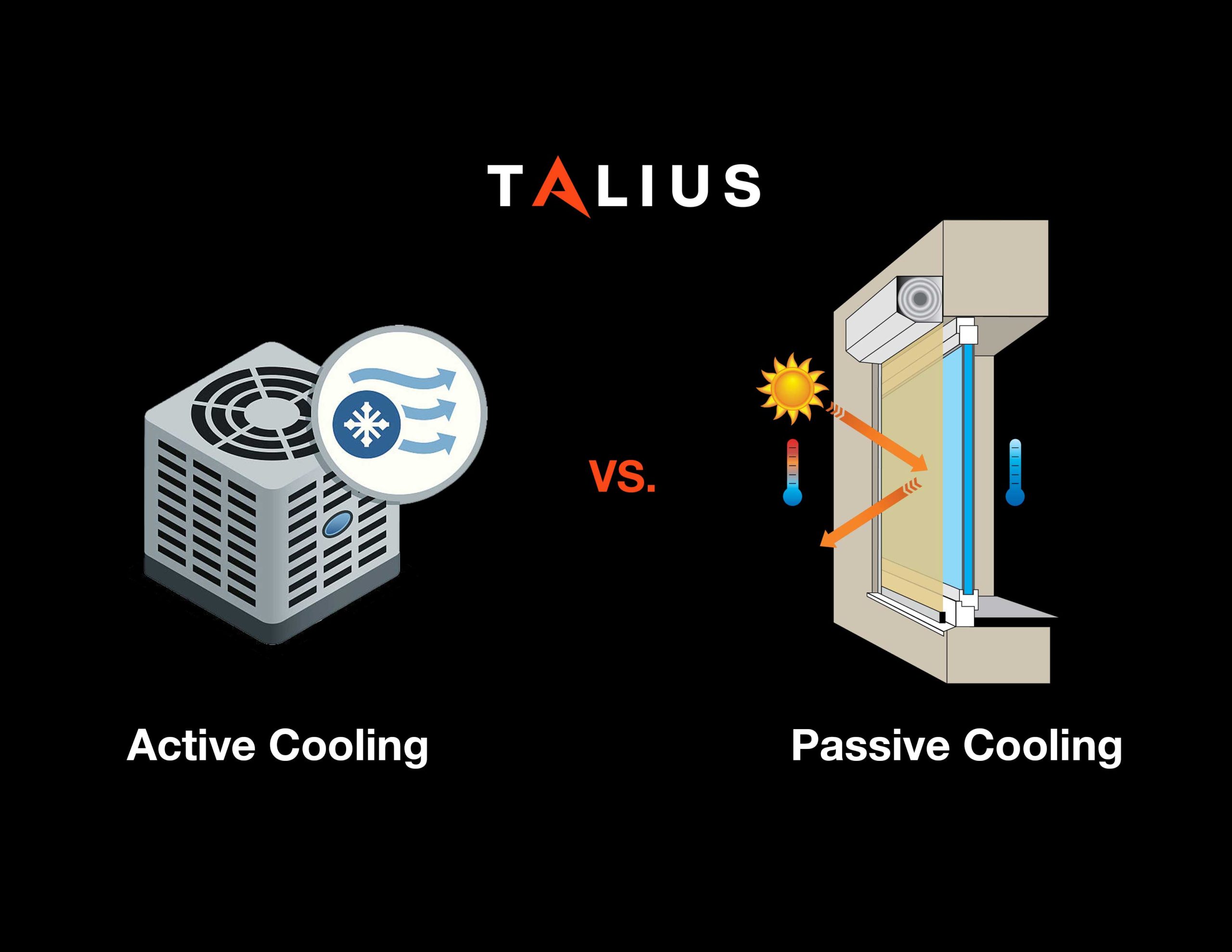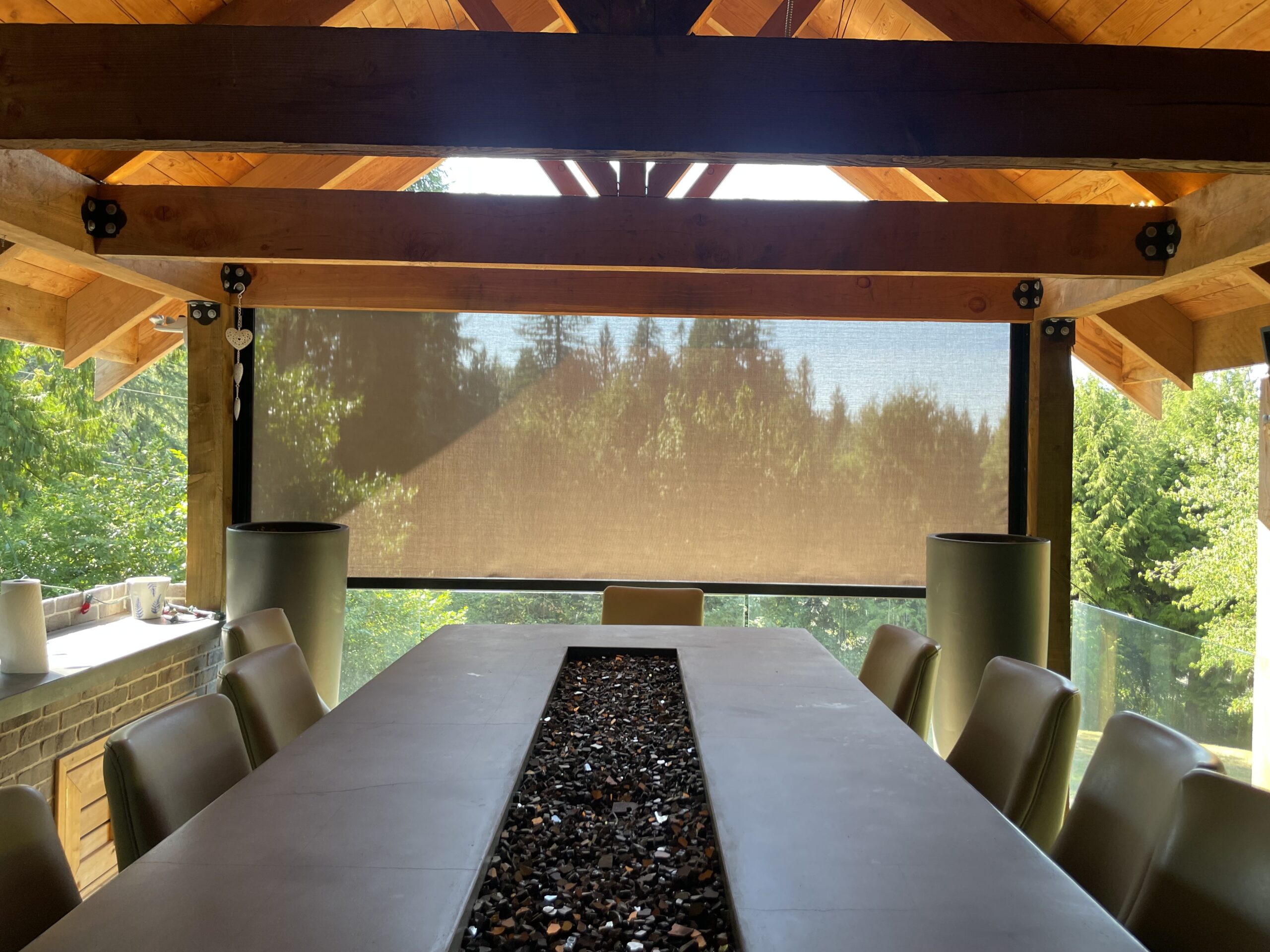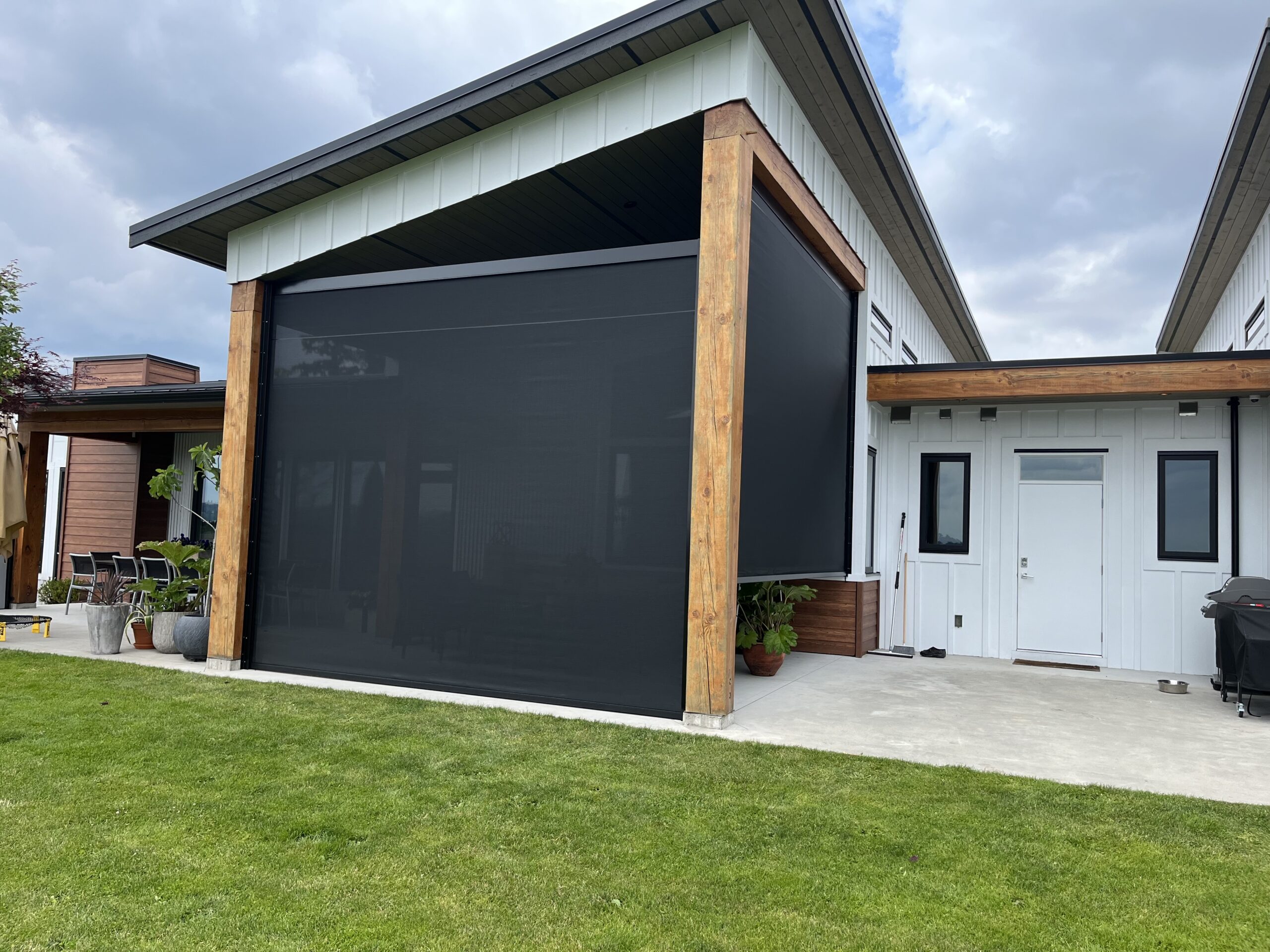![]()
Active vs. Passive Cooling: Why Habitat Screens Are the Sustainable Choice
When it comes to keeping your home cool, you have two primary options: active cooling solutions like air conditioners, and passive cooling solutions that cool your home naturally. While both methods offer relief from the heat, they do so in fundamentally different ways, with significant implications for energy consumption, environmental impact, and long-term comfort.
Active Cooling: Immediate Relief with Long-Term Costs
Air conditioners are a common go-to for instant cooling. They work by removing heat from the indoor air and expelling it outside, effectively lowering the temperature inside your home. However, this immediate relief comes at a cost—both financial and environmental.
Running an air conditioner continuously to maintain a comfortable indoor temperature can be incredibly expensive. Energy bills skyrocket during the hottest months, and the financial burden can be substantial, especially for larger spaces. To put it in perspective, the average 300 sqft. studio apartment will require an air conditioner with a minimum output of 12,000 BTU which will rack up as much as a $40 – $80 monthly increase in energy spending, depending on peak hours and your region’s costs. Additionally, air conditioners consume a significant amount of electricity, which often comes from non-renewable sources. This results in carbon emissions that contribute to climate change, making active cooling a less sustainable option in the long run.
Passive Cooling: Natural and Sustainable Comfort
On the other hand, passive cooling solutions like Habitat Screens offer a more sustainable way to keep your home cool. These exterior screens are designed to block the sun’s harsh rays before they even reach your windows, creating a thermal barrier that prevents heat from entering your home.
One of the most significant benefits of Habitat Screens is their ability to lower indoor temperatures by as much as 13 degrees Celsius. By reducing the amount of heat that penetrates your windows, these screens minimize the need for air conditioning, leading to substantial energy savings. Unlike air conditioners, Screens do not require nearly as much electricity to function, meaning they provide a natural cooling solution that doesn’t contribute to your energy bill or carbon footprint.
The Long-Term Advantages of Passive Cooling
While active cooling methods like air conditioning offer quick relief, they are not without their drawbacks. The ongoing costs and environmental impact make them less sustainable in the long term. With an investment in a passive cooling solution, you’re not just reducing your reliance on air conditioning, you’re also reducing your impact on climate change.
Cost wise, over a few years of use, an air conditioner will either need replacing and will more than likely end up costing more in energy bills than a passive solution would cost to install! These screens are a sustainable solution that provides lasting comfort without the financial and ecological costs associated with active cooling systems.
Conclusion
When choosing between active and passive cooling solutions, it’s essential to consider both the immediate and long-term effects. Air conditioners may offer instant relief, but the ongoing costs and environmental impact are significant. Habitat Screens, on the other hand, provide a natural, sustainable way to keep your home cool while reducing energy consumption and lowering indoor temperatures by up to 13 degrees Celsius. For those looking to stay comfortable while also caring for the planet, Habitat Screens are the clear choice.
Make the switch to a more sustainable cooling solution today and enjoy the benefits of a naturally cooler, more energy-efficient home.
About Talius
Talius stands as the foremost manufacturer of premium roll shutters and Habitat Screens in North America. Our roll shutters provide robust defence against vandalism, theft, and unauthorized entry, safeguarding schools and commercial buildings and residences. Talius’ Habitat Screens are designed to significantly diminish heat absorption in buildings during sunny periods and heatwaves, resulting in a notable reduction of up to 50% in air conditioning energy consumption. To best serve our consumer base, we have a distribution network across both North America, with Canadian manufacturing in Beautiful British Columbia.
Learn more about Talius at www.talius.com
Contact:
e. info@talius.com
p. 1-888-550-6205















